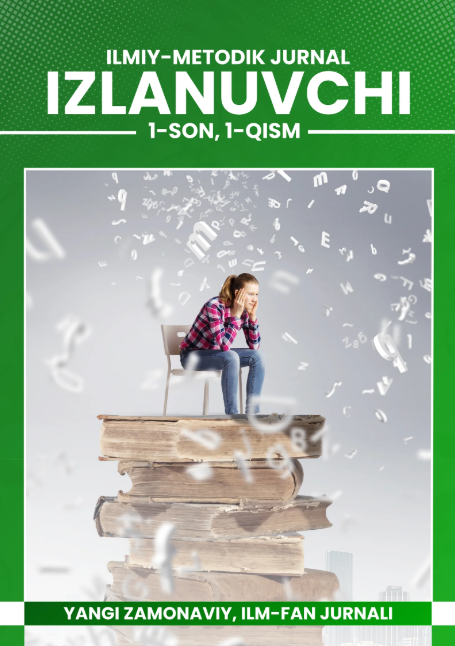Abstract
Education plays a fundamental role in fostering social progress and sustainable development. This paper explores how education contributes to gender equality and civic engagement, two essential pillars of a prosperous society. Historically, women’s access to education has been restricted, resulting in limited participation in social and economic development. However, modern research demonstrates that providing equitable educational opportunities leads to improved economic outcomes, lower child mortality rates, and stronger communities. Moreover, education fosters informed citizenship, democratic participation, and human rights advocacy. Drawing on scholarly sources and international initiatives, this paper emphasizes the transformative power of education in building inclusive, stable, and progressive societies.
References
1.Dewey, J. (1929). The Quest for Certainty.
2.Freire, P. (1970). Pedagogy of the Oppressed.
3.Gardner, H. (1983). Frames of Mind: The Theory of Multiple Intelligences.
4.Piaget, J. (1952). The Origins of Intelligence in Children.
5.Goleman, D. (1995). Emotional Intelligence.
6.Smith, A. (1776). The Wealth of Nations.
7.World Bank Report (2022). Investing in Education for Economic Growth.
8.Mandela, N. (2003). The Power of Education.
